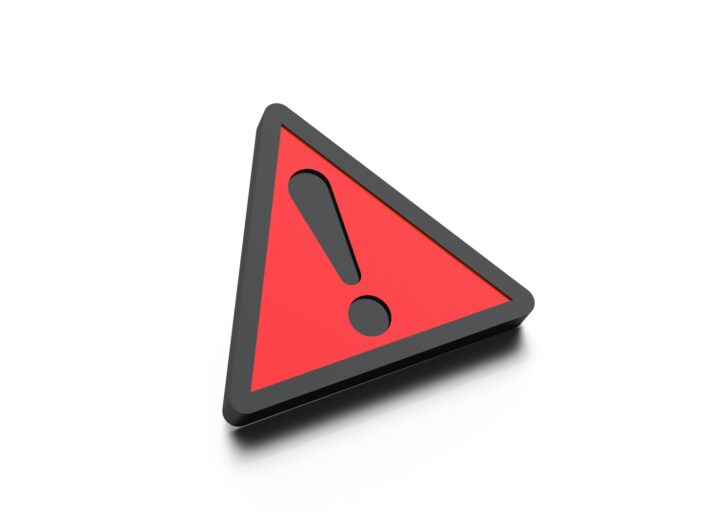Dear Reader,
There’s no love lost between the US and China…but is it possible for their relationship to deteriorate even further?
It seems the answer is yes. In addition to continual confrontation on trade, tariffs, theft of intellectual property, currency manipulation, and human rights, the two countries are finding new ways to strike at each other.
As an investor, you need to tread carefully. Right now, the biggest no-go area is Chinese stocks. As shots continue to be fired between the US and China, Jim Rickards warns investors in Chinese stocks could find themselves caught in the crossfire.
Read on for more.
Cheers,
 |
Shae Russell,
Editor, The Daily Reckoning Australia
[conversion type=”in_post”]
Get Your Money out of China Fast
US–China relations are going from bad to worse quickly. The deterioration in relations is playing out on many fronts, including currency wars, trade wars, battles over theft of intellectual property, and outright military confrontation in the South China Sea and the Straits of Taiwan.
Now a new front has emerged, which we might call ‘accounting wars’. As described by the South China Morning Post, many Chinese companies have listed shares on US securities exchanges, and many US-listed companies have extensive operations and revenues from subsidiaries or affiliates in China.
This means that the US reporting entities, even if incorporated in China, must adhere to US regulatory accounting standards established by the SEC and the exchanges themselves. This can include GAAP and, in some cases, International Accounting Standards, if they are widely recognised. Some exceptions may be granted by regulators.
The problem is that Chinese companies are not coming close to these standards. Chinese companies use accounting methods that are opaque and inconsistent, and which do not fairly present the revenues and profits of the companies involved.
After years of negotiations on these points, US regulators are about to lower the boom. They may require that Chinese companies delist from US exchanges and cannot offer shares to US investors. Penalties may be imposed on US companies that do not accurately consolidate the financial results of Chinese operations.
This could start a cascade of share price devaluations that will hurt both direct US investors and holders of ETFs that contain contaminated Chinese shares. The best move for investors is to get out of these stocks now while there’s still time to capture whatever value remains.
The breakdown in US–China relations will get worse…
In the past, a lot of the confrontation between the US and China was more about rhetoric than action. Despite the problems regarding trade, the US and China did reach a Phase One trade deal in early 2020 that supposedly solved the trade problem, in part.
Despite conflicting claims in the South China Sea, no shots have been fired and neither Chinese fortification nor US rights of passage have been impeded.
In short, the war of words has been worse than the actions taken between the two superpowers.
Now, according to Reuters, that’s starting to change. The US has imposed sanctions on three high-level Chinese Communist Party officials including Chen Quanguo, the Communist Party Secretary for Xinjiang province. These sanctions are because of human rights abuses against Uighur Muslims, including concentration camps, forced organ removal without anaesthetic, and forced sterilisation as part of a genocide campaign.
This will make life more difficult for Chen, but it may be just the beginning of a long line of sanctions. US litigants may seek damages for Chinese criminal negligence in the handling of the coronavirus outbreak. Those damages could range into the trillions of dollars.
The Chinese will retaliate by reneging on their part of the Phase One trade deal and refusing to buy the promised quantities of US soybeans, aircraft, and other important exports.
The new Cold War between the US and China has moved past the talking stage and is turning into real economic actions. Investors in Chinese stocks will be collateral damage in this new Cold War.
All the best,
 |
Jim Rickards,
Strategist, The Daily Reckoning Australia

